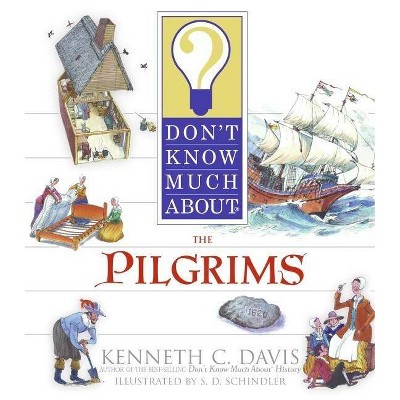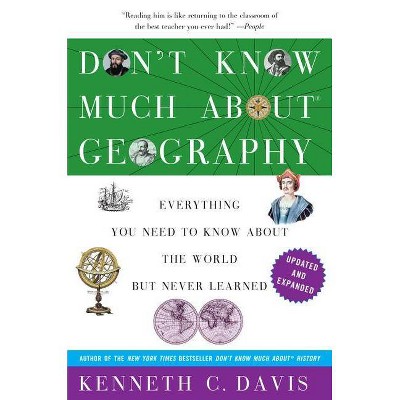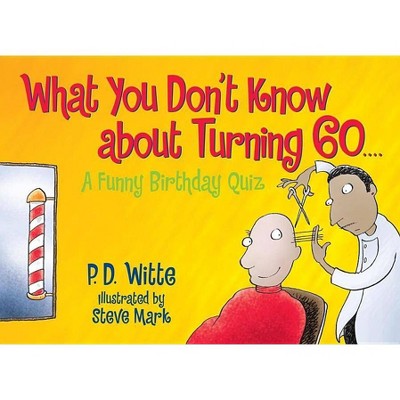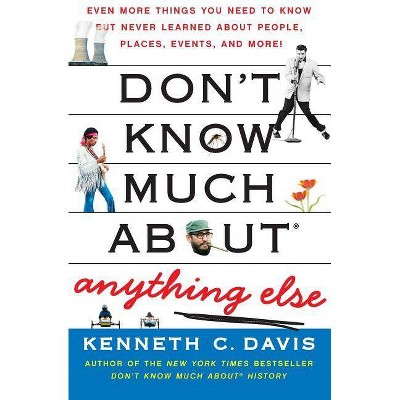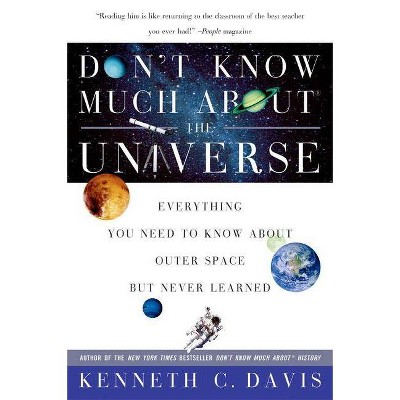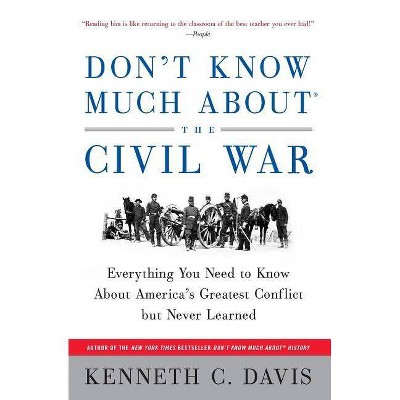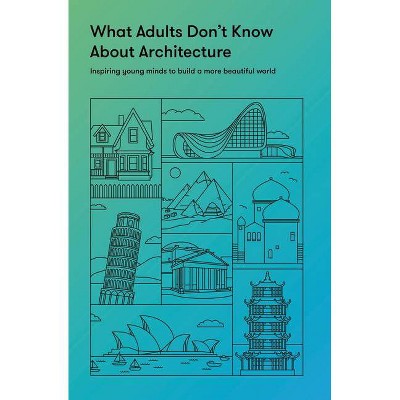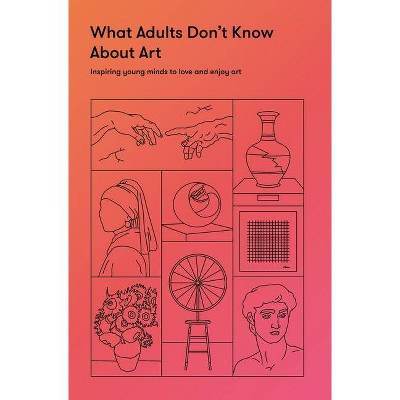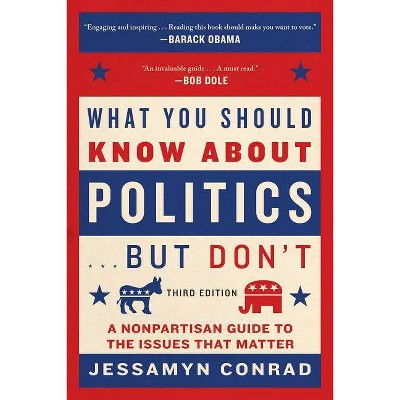What I Don't Know about Death - by C W Huntington (Paperback)
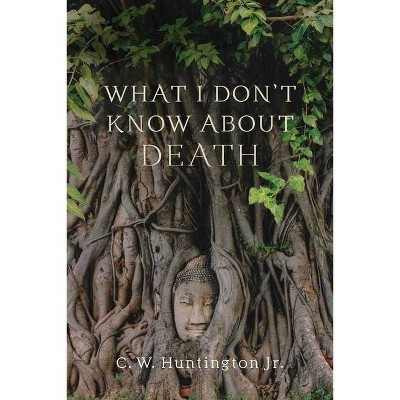
Similar Products
Products of same category from the store
AllProduct info
<p/><br></br><p><b> About the Book </b></p></br></br>"A tenured professor of Eastern Religions and novelist accustomed to vigorous health receives a terminal diagnosis in the winter between terms, and by summer, his cancer has run its course. In between, he takes to his keyboard to plumb the foundations of all the Buddhist teachings and meditation he has spent a lifetime pursuing, to see how much has really penetrated his being. In this book, readers can join his journey of traversing the gap between knowledge and true wisdom"--<p/><br></br><p><b> Book Synopsis </b></p></br></br><b>A Buddhist scholar reflects on life, death, and the ways we blind ourselves to the inevitable as he confronts his own mortality.</b> <p/>In the winter of 2020 a renowned scholar of Asian religions, lifelong meditator, and novelist accustomed to vigorous health received a terminal diagnosis. By summer his cancer had run its course. In the short time in between, C. W. "Sandy" Huntington faced his own impending death, leading him to reconsider the teachings and practices, as well as philosophy and literature, he had spent a lifetime pursuing. In this, his last book, you'll join Sandy as he traverses the gap between knowledge and true wisdom. <p/> "Sandy Huntington urges his readers to face up to life's fragility as well as its many gifts. Written with elegance and verve, <i>What I Don't Know about Death</i> is a deep meditation on what it means both to wake up to and to let go of life. Drawing on his lifelong engagement with Buddhism, Huntington remains a consummate teacher who demands intellectual honesty, humility, and compassion from his readers no less than from himself. This book is an intellectual and spiritual offering to Huntington's students, past and future."<b>--Leora Batnitzky</b>, Ronald O. Perelman Professor of Jewish Studies and professor of religion, Princeton University <p/> "<i>What I Don't Know about Death</i> is a deeply personal, intellectually rigorous, and philosophically profound exploration of death, and in particular of Sandy's own death, which he faced with exemplary grace, honesty, and clarity as he wrote this book. This is a gift of remarkable beauty that can open our hearts and minds to this most difficult topic. Read it and weep, with tears of grief, gratitude, and illumination."<b>--Jay L. Garfield</b>, Smith College and the Harvard Divinity School<p/><br></br><p><b> Review Quotes </b></p></br></br><br>"<i>What I Don't Know about Death </i>is a brilliant synthesis of Huntington's lifelong spiritual and scholarly quest to uncover the truth of what it means to be human. It is one of the finest books on contemporary Buddhism to have emerged from the generation of those who lived and studied in India in the 1970s, then returned home to digest and share what they learned. Completed as the author was dying of cancer, this beautifully crafted and profound work will serve as a lasting tribute to the author's integrity, intelligence, and humanity."----Stephen Batchelor, author of The Art of Solitude<br><br>"Huntington has given us a parting gift: a profound and deeply personal meditation on the core doctrines of Buddhism; a Dharma teaching on awakening to life in all its pain and exquisite beauty; a poetic and honest text on mortality, spiritual longing, and awakening as love. I will turn to this text in my own teaching, for it overflows with insights and shows us the liberating possibilities of this wisdom of love in our living and our dying."----William Edelglass, Barre Center for Buddhist Studies and Emerson College<br><br>"Sandy Huntington's <i>Emptiness of Emptiness</i> made a seminal contribution to the study of Madhyamaka philosophy in the West. Yet for Huntington, the study of Madhyamaka was not simply an intellectual pursuit. As this book shows, the Middle Way was at the center of his reflections on birth, death, suffering, and liberation, providing a key to his understanding of a life well lived. Following this moving autobiographical sketch, the reader will come to understand why Huntington considered the study of Nagarjuna as 'among the most profound and satisfying experiences of my life.'"----Jan Westerhoff, University of Oxford<br><br>"This book is Sandy Huntington's meditation on his own death, as he was in the process of dying. Its words are pure, to the same degree that the whole exercise is disciplined."----Francisca Cho, Georgetown University<br><br>"This deeply affecting book represents a poetic distillation of Buddhist insights expressed with a moral clarity and existential vulnerability born from Huntington's own unflinching encounter with dying. That Huntington's last days were focused by the work of thus transmuting that experience, creating from it an essay at once philosophically profound and deeply personal, is a priceless gift--an expression, indeed, of loving compassion."<br> ----Dan Arnold, University of Chicago Divinity School<br><br>"This wonderful book is like an easy conversation about the most important matters with a lifelong student of life and death, suffering and joy, and buddhadharma. Sandy's natural curiosity, which he so generously shares with us, the reader, is perhaps at heart his quiet invitation that we reflect on such things and live in that wonder."----Geoffrey Shugen Arnold, abbot of Zen Mountain Monastery<br><br>"Written in the last months of life, <i>What I Don't Know about Death</i> is a deeply nostalgic, insight-filled work of a truly American Buddhism, a heartfelt reflection on one person's journey from an all-American childhood in 1950s Michigan, to India of the 1970s, and on through a life of teaching and contemplation to its heartbreaking end. Sandy Huntington passes effortlessly through the imagined walls between the personal and the academic, weaving a tale from strands of memory, Buddhist thought, literature, and modern life. Just as his in-person teachings and profound conversations did so often, this beautifully written book leaves one floating through a space of emptiness, awareness, and the gentle magic of existence."----Jake Dalton, University of California, Berkeley<br><br>"What Huntington does not know about death is what we all do not know about death. We do not know what it is like to die. Despite years of avidly consuming books on death and dying, regularly guiding college students as hospice volunteers, serving compassionately as a hospice worker himself, and assiduously researching and writing scholarly works about Buddhist philosophy, Huntington still does not know what it is like to die. Now, though, as he grapples with an unexpected diagnosis of terminal pancreatic cancer, he begins tentatively to touch what he still does not know. Now he begins to see and understand the ferocity of the letting go that is required in order to give rise to the unconditional love that will allow him to die at peace. Through poetry, stories from his own life, his voracious reading of literature and philosophy, and meditations on suffering, desire, impermanence, and grief, Huntington lays out a rich offering to the wrathful deity of death with so much tenderness and humility that all may feel invited to accompany him, as far as we are able, on this most profound journey of life."----Sara McClintock, Emory University<br><p/><br></br><p><b> About the Author </b></p></br></br>C. W. "Sandy" Huntington, Jr. translated and interpreted classical Sanskrit and Tibetan texts and was a professor at Hartwick College in Oneonta, New York. He is best known for his books <i>The Emptiness of Emptiness</i> and <i>Maya</i>. Sandy passed away on July 19, 2020, following a six-month struggle with pancreatic cancer.
Price History
Price Archive shows prices from various stores, lets you see history and find the cheapest. There is no actual sale on the website. For all support, inquiry and suggestion messages communication@pricearchive.us
